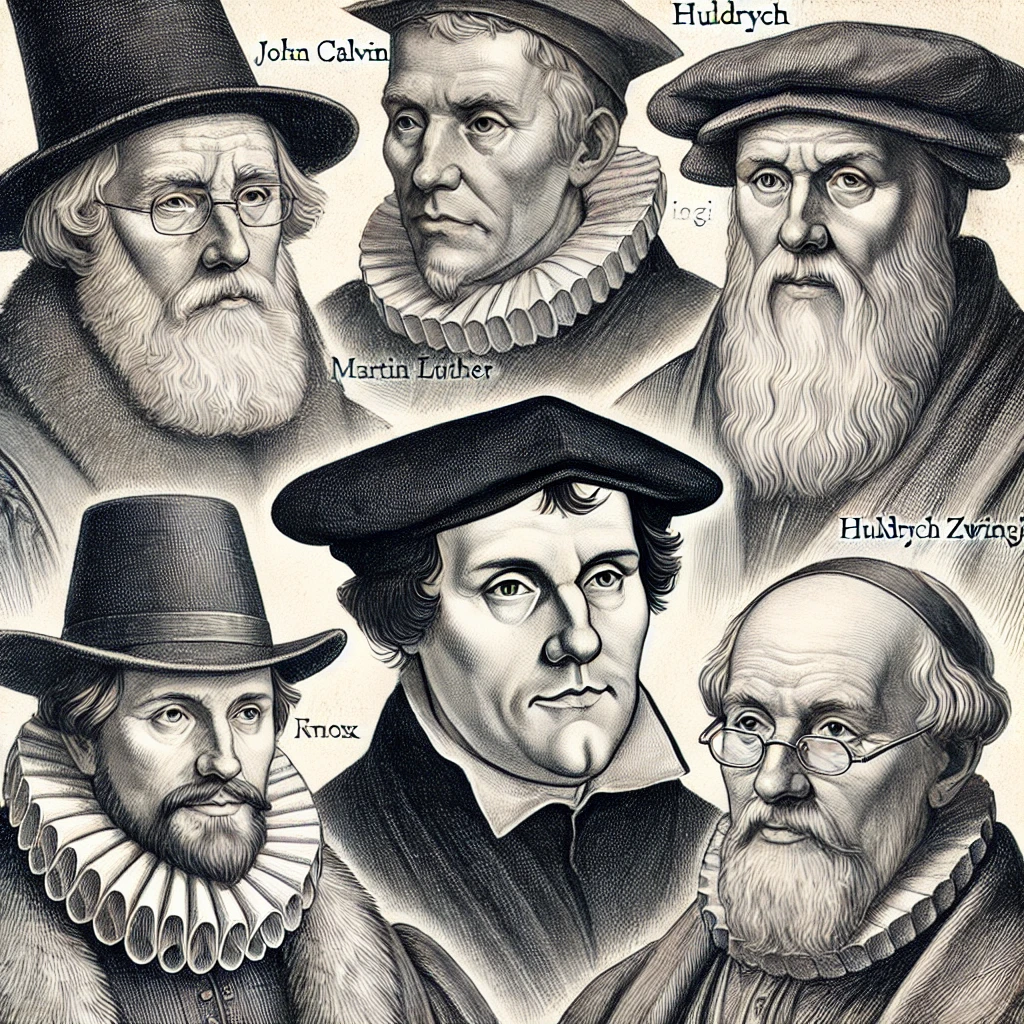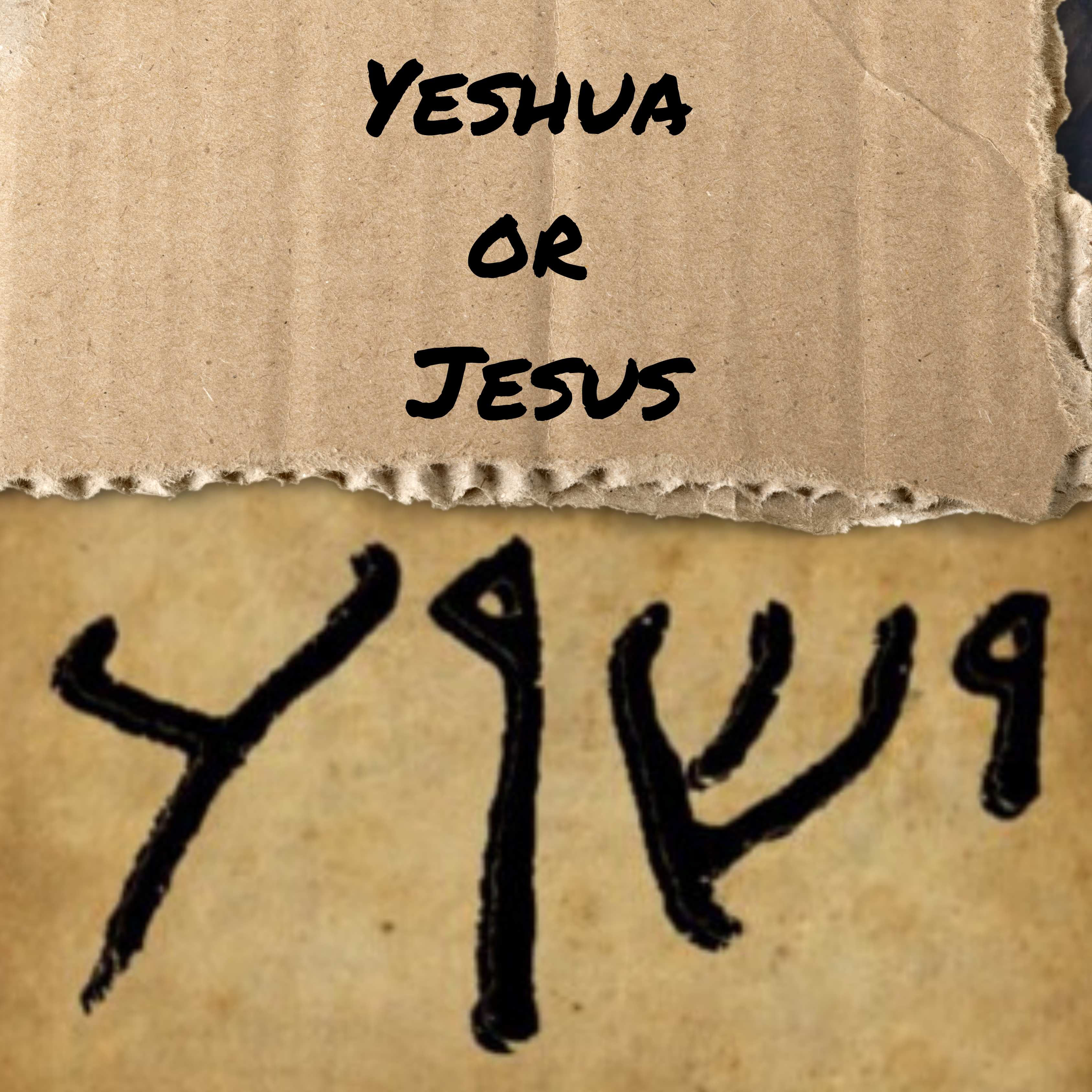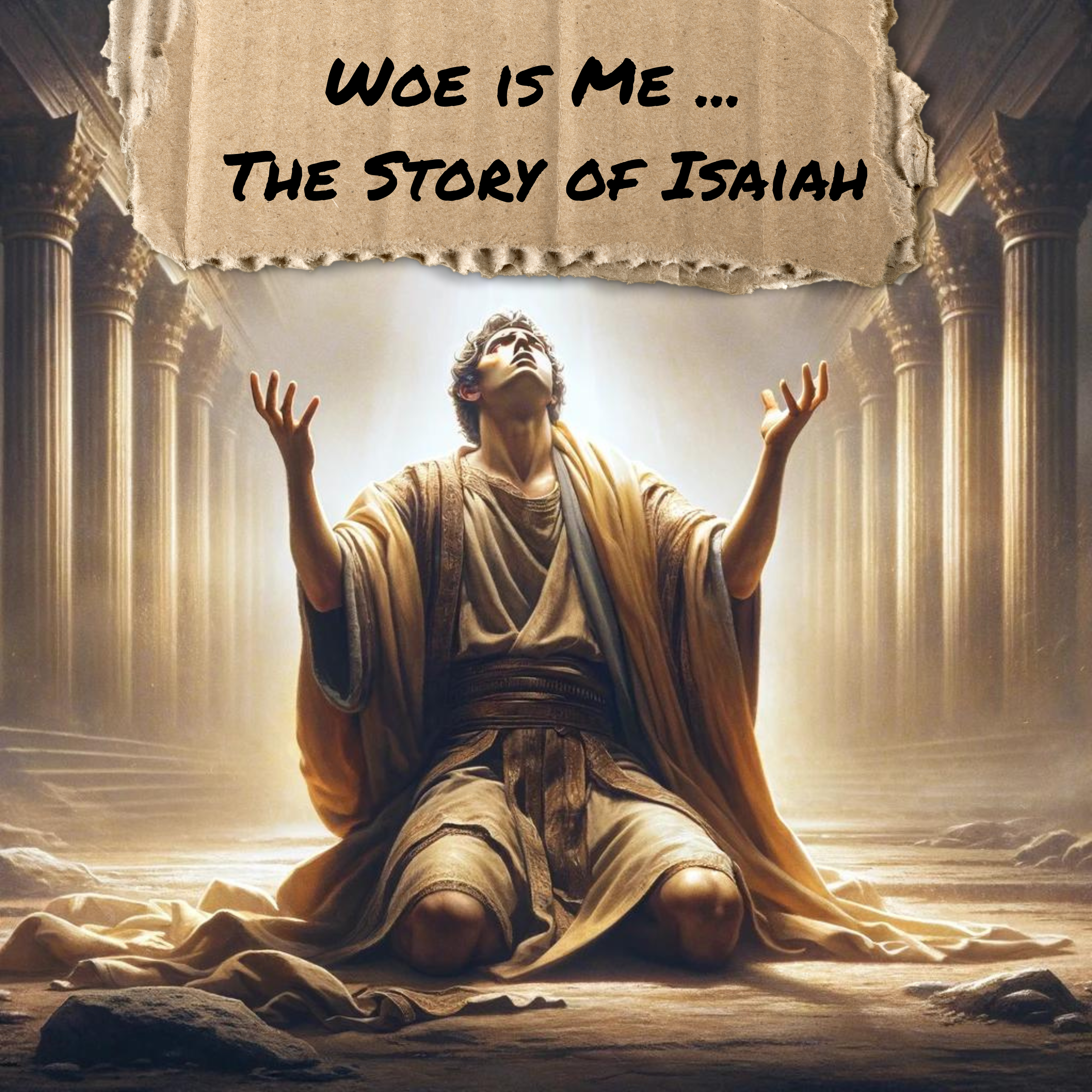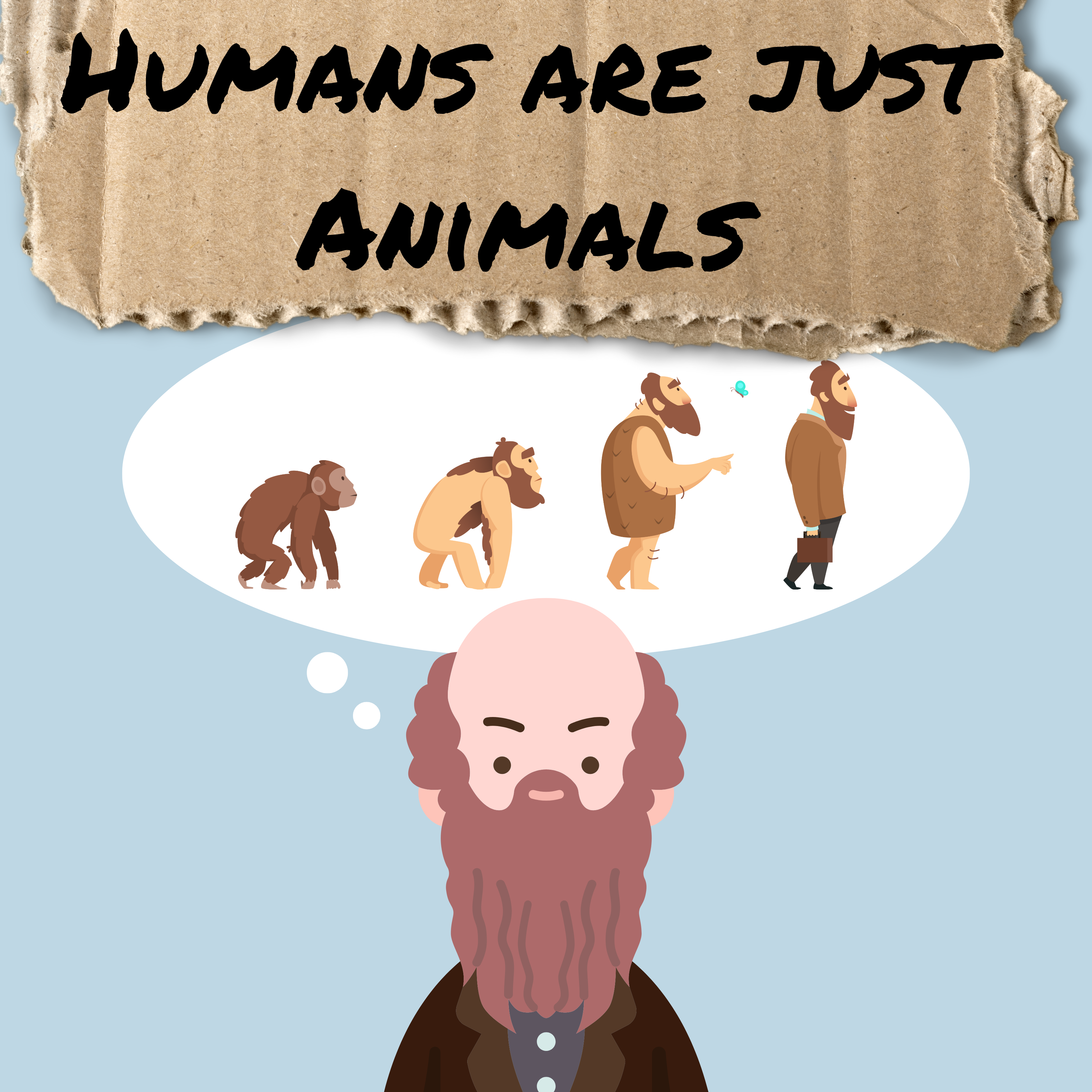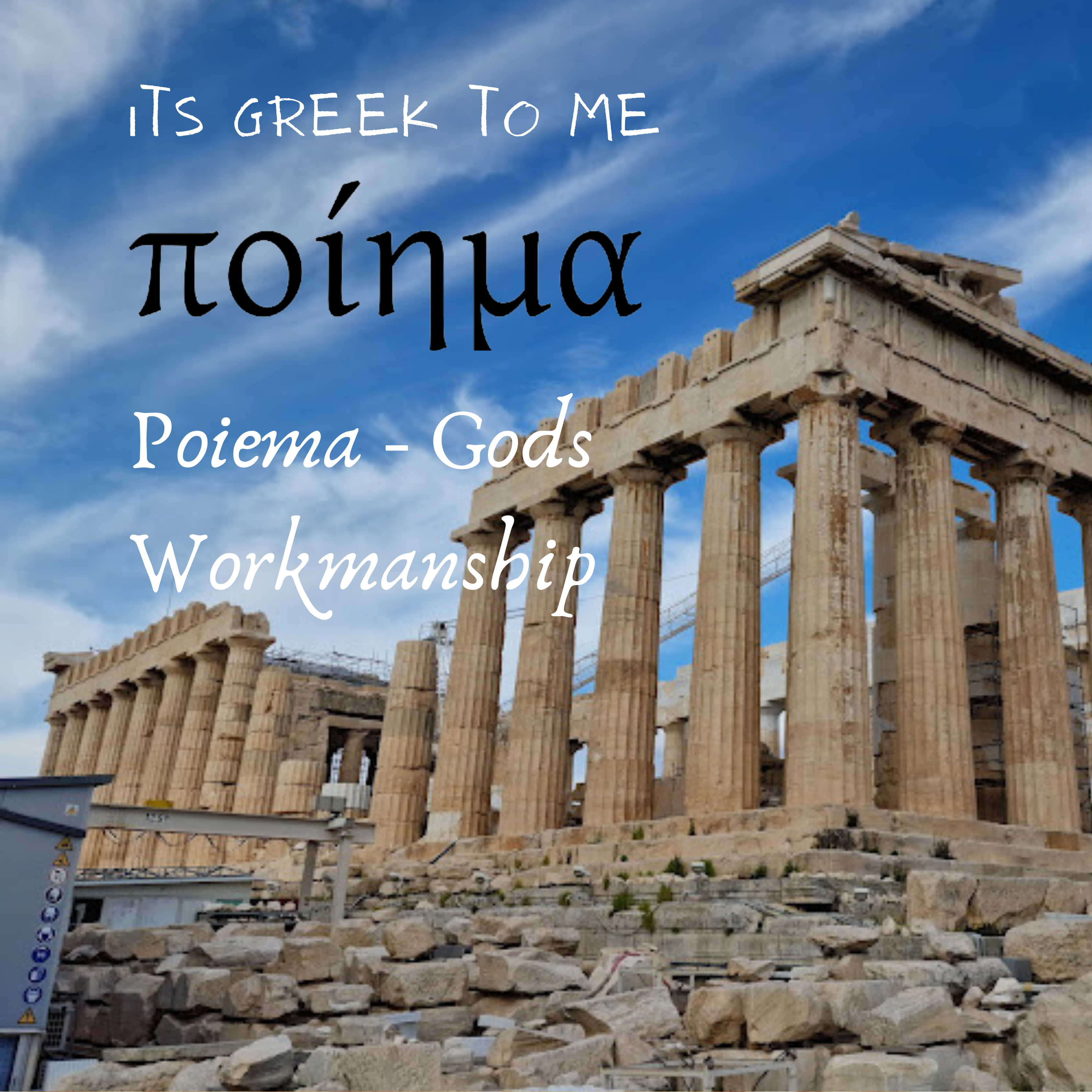
In our insightful series “It’s Greek To Me,” we explore the depths and nuances of key Greek words that enrich our understanding of Christian theology. Today, we turn our attention to the word ‘Poiema,’ a term that reveals the intricate relationship between God, creation, and humanity.
The Meaning of Poiema
‘Poiema,’ from which the English word ‘poem’ is derived, means “something made” or “a workmanship.” In the New Testament, this term is used to describe what God has created. More than just a reference to the act of making, ‘Poiema’ emphasizes the artistry and purpose behind the creation.
Biblical Usage
The most notable usage of ‘Poiema’ is found in Ephesians 2:10, where the Apostle Paul writes, “For we are his workmanship (poiema), created in Christ Jesus for good works, which God prepared beforehand that we should walk in them.” This verse offers profound insights into human identity and purpose from a Christian perspective.
Humanity as God’s Masterpiece
Describing believers as God’s ‘Poiema’ suggests that each person is a divine masterpiece, crafted with intention and purpose. It implies that human existence is not random or accidental but the result of a deliberate act of creativity by God. This concept elevates the understanding of human life, affirming its inherent value and dignity.
The Interplay of Creation and Redemption
The use of ‘Poiema’ in Ephesians connects the ideas of creation and redemption. It indicates that the same God who created the universe and humankind has also recreated believers in Christ Jesus. This recreation is aimed at enabling believers to perform good works. Thus, ‘Poiema’ encompasses both our being and our calling – we are created not only to exist but to act and fulfill God’s purposes.
A Reflection of the Creator
As God’s ‘Poiema,’ humans are meant to reflect God’s character. Just as a piece of art reflects the heart and skills of the artist, so do humans, as God’s handiwork, reflect His attributes. This reflection is not in physical form but through the qualities of love, mercy, creativity, and justice that humans express.
Theological Implications
Understanding humanity as God’s ‘Poiema’ has significant theological implications. It calls for a recognition of the sanctity of human life and the responsibility to live in a way that honors our Creator. It also encourages a view of Christian life as a journey of co-creating with God, participating in His ongoing work of redemption and restoration in the world.
Conclusion
The Greek word ‘Poiema’ provides a rich theological concept for understanding human identity and purpose. It reminds Christians that they are more than mere creatures; they are divine masterpieces, created and recreated in Christ for a purposeful existence. This understanding challenges believers to live in a way that reflects the creativity, love, and intentionality of God, making their lives a living testament to the One who made them.

